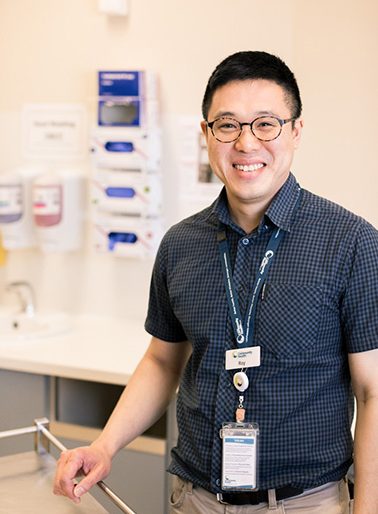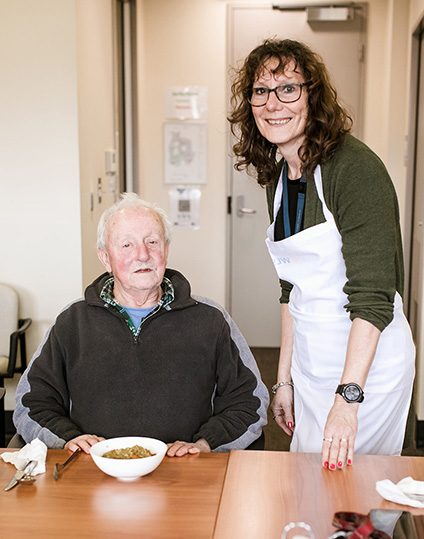For longer interruptions like school holidays, it might mean that our family’s daily routine is paused for longer, and things like a later bedtime naturally start to happen without us thinking about it.
Routines are helpful because they keep us organised. They help us feel calm and in control of what we want to get done each day.
So when they are interrupted, it makes sense that we may start feeling stressed — especially when it’s time to get our routine back to normal.
With the return to school approaching, we asked our Community Nurse Outreach (Schools) team for some tips on how we can get back-to-school ready.
Why is getting a back-to-school routine important?
School holidays can be a lot of fun — visits to the zoo, travelling to new places or spending more time with the grandparents are all very exciting. And all this fun might mean that kids aren’t looking forward to getting back to the classroom.
A back-to-school routine can help ease anxieties, and help reduce any negative thoughts or feelings kids may have about going back to school.
Routines are important for kids because:
- They have a sense of what their day will look like
- They can see what fun or enjoyable activities are coming up
- They have something to look forward to amid the ‘not so fun’ activities.
When it comes to parents, routines help us:
- Feel more organised and in control
- Feel less stressed
- Spend more time with the kids
- Do more things we enjoy.
Overall, routines help our homes run more smoothly, let us know what’s on each day, and allow us to enjoy the family time we have together.
So, how do I make sure my kids are ready to go back to school?
There are a few things to consider when building a back-to-school routine.
Sleep hygiene
Primary school-aged children should get 10-12 hours of sleep, and secondary school-aged children need about 8-10 hours of sleep, each night. Getting enough sleep helps with overall health and wellbeing, emotional regulation, concentration, problem solving and motor-skills.
If the kids have been going to bed later, creating an optimal sleeping environment is important to help them get back to their usual bedtime. This means limiting food and drink with high sugar or caffeine before bed, limiting screen time at least an hour before bedtime, and going to sleep at the same time each night.
Healthy eating and water habits
With celebrations like Easter falling within the school holidays, our kids may not have been following their usual eating habits – and that’s okay.
Start to reintroduce the foods that give your kids the physical and mental energy they need for the school day. Encourage drinking enough water (one to two litres depending on their ages) to help them concentrate.
Hygiene
Remind your children to wash their hands to prevent the spread of germs and illness at school.
To avoid head lice, start to reintroduce hair washing every second day, brushing hair every morning and night, and tying up long hair for school.
A morning and night teeth-brushing routine is also very important for healthy teeth and gums.
Exercise
If exercise has been put on the backburner during school holidays, encourage your child to return to at least an hour of exercise each day. This helps with physical and mental health, developing motor skills, restful sleep and social skills.
What if my child is struggling with the return to routine (and school)?
It’s common for kids to have anxieties and worries about returning to school. Provide reassurance by letting them know their worries and nerves are normal. You can also ask your child what could help them adjust to going back to school, and figure out a plan on how to do this together.



